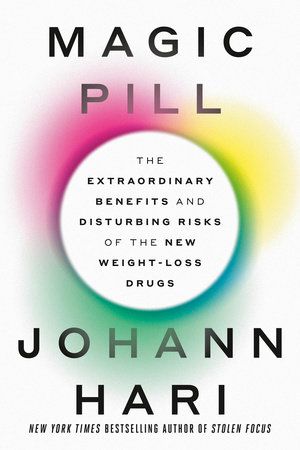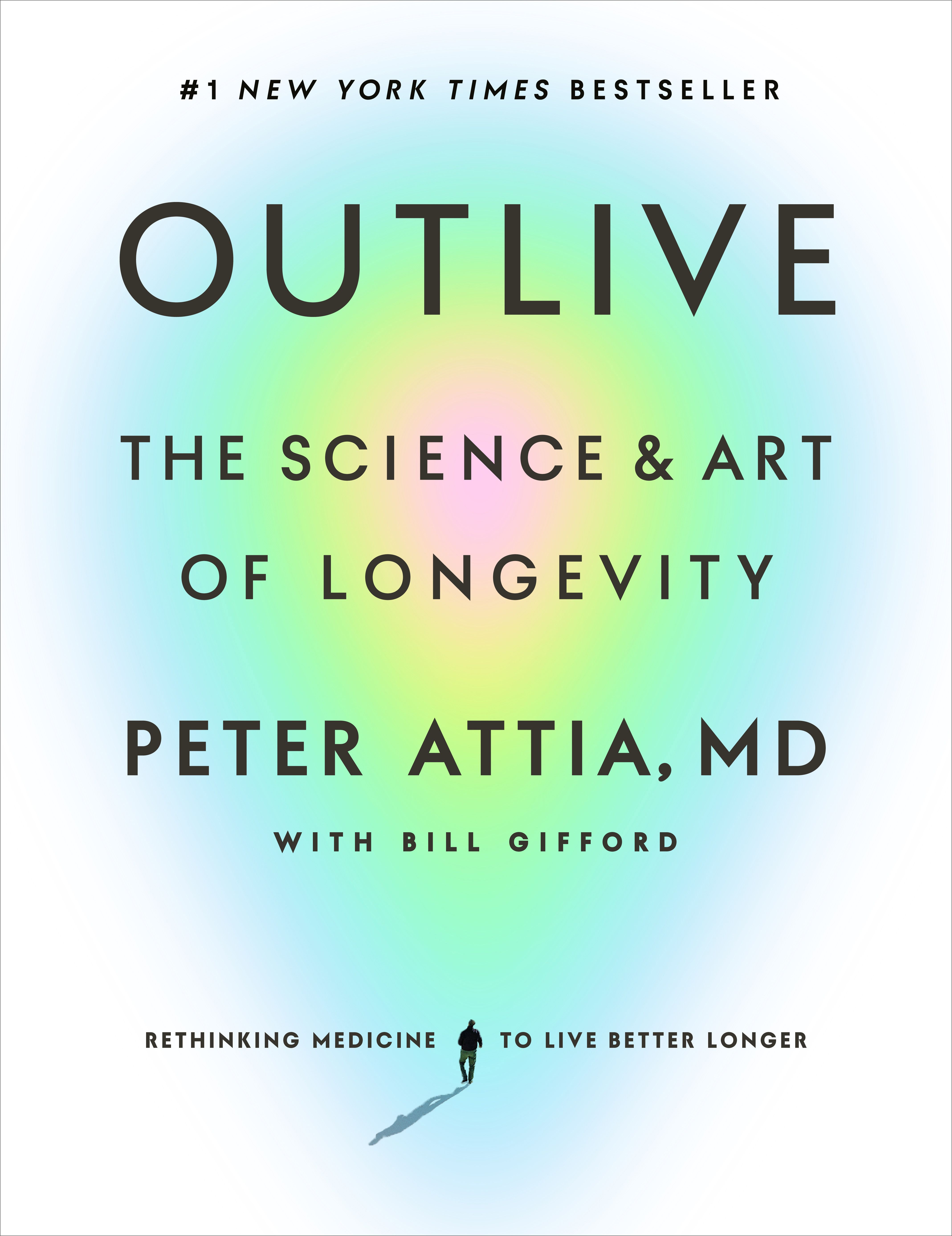Even if you manage to lose weight, you likely did it in the same environment (family, job, commute, city) that made you obese. This environment will constantly tug you back:
- Junk food is still ubiquitous, cheap, heavily marketed - you swim in it
- You likely still face the stress, emotions, lifestyle that led you to overeat
- Your family/social habits around food may not have changed
- You now face intense biological backlash from your own body
Some determined individuals can white-knuckle their way through this, but it's not a realistic solution for populations. To reduce obesity, we can't just say "have more willpower" - we have to actually change the environment we all live in.
Section: 1, Chapter: 6
For many, compulsive overeating serves a crucial emotional purpose. It soothes anxiety, numbs trauma, fills voids of loneliness and boredom. It's a way to "feed" unmet needs. So when a drug like Ozempic suddenly removes the overeating outlet, it can trigger a kind of psychological earthquake. Difficult emotions come flooding back. Stressful situations feel overwhelming without food to soften the edges.
For some, it may even trigger a switch to other compulsions like alcoholism. Before starting weight loss drugs, it's crucial to understand "what job overeating was doing for you" and to line up alternative coping tools. Ozempic may block destructive eating behaviors, but it doesn't automatically resolve their emotional drivers.
Section: 1, Chapter: 8
Modern processed food has systematically undermined our natural feeling of satiety (fullness), driving overconsumption and obesity. Now Ozempic and similar drugs act to artificially boost satiety by mimicking natural gut hormones. In essence, an artificial solution (drugs) is correcting an artificial problem (broken satiety caused by processed foods).
"Obesity is an artificial problem in the sense that [we now eat] highly energy-dense foods that normally [don't exist] in nature...And now we've come up with an artificial solution, which is to fix the artificially undermined satiety through an artificially designed drug." - Michael Lowe, hunger and obesity researcher.
He argues we should focus on fixing the unnatural food environment rather than resorting to drugs.
Section: 1, Chapter: 3
Starting in the late 1970s, something unprecedented happened - obesity rates skyrocketed across the world, more than doubling in the US between 1979-2000. This had never happened before in human history and could not be explained by genetics. The food environment had transformed, flooding us with addictive processed foods.
Scientist Paul Kenny ran an experiment where rats were exposed to the modern American diet - cheesecake, bacon, sugary foods. The rats quickly became addicted, ballooned in weight, and kept overeating even when it meant enduring painful electric shocks. When the junk food was taken away, they starved rather than going back to healthy chow. This mirrors how the human food environment has overridden our natural appetite regulation.
Section: 1, Chapter: 2
Visiting Japan, the author is stunned to discover a wealthy modern nation that has seemingly avoided the obesity crisis plaguing the West. Some eye-popping facts:
- Japan's obesity rate is just 3.6%, vs 25% UK and 42% US
- Japanese obesity is falling by nearly 1% a year even as national wealth grows
- The average Japanese person weighs 23 lbs less today than the average American
- This astonishing leanness translates to the highest healthy life expectancy on earth
So what's Japan's secret? The author finds a food culture laser-focused on quality, not quantity - small portions, simple preparations, celebrating natural flavors. But it's not a culture of deprivation - the Japanese simply don't seem to battle a ravenous "Western" hunger.
Section: 1, Chapter: 12
Ultra-processed foods undermine our natural satiety (feeling of fullness) in at least 7 ways:
- We chew them less so fullness signals are delayed
- The potent combo of sugar, fat and carbs activates primal drives to overeat
- They lack protein and fiber which help trigger satiety
- They flood us with hunger-triggering sugar spikes and crashes
- Artificial sweeteners paradoxically make us hungrier
- Flavoring additives overrides natural "nutritional wisdom"
- They damage diversity of gut bacteria that help regulate appetite
Section: 1, Chapter: 2
Ozempic starkly reveals that hunger isn't just about the body's physical need for sustenance. The author identifies at least 5 other "hungers" that drive overeating:
- Pleasure hunger: Seeking the sensory/emotional delights of food
- Soothing hunger: Eating to numb or escape painful emotions
- Childhood hunger: Replicating dysfunctional childhood eating patterns
- Protective hunger: Using fat/overeating to insulate from sexual attention, expectations, stressors
- Habit hunger: Eating on autopilot due to ingrained routines
When Ozempic removes physical hunger, these hidden emotional/behavioral hungers stand out in stark relief. Only by identifying and addressing them can the obesity epidemic be truly solved.
Section: 1, Chapter: 8
An analysis of 2000 diet studies found that despite the intuitive appeal of "eat less, move more," diets simply don't work long-term for most people. The findings are stark:
- 2 years after starting a diet, people weigh on average only 2 lbs less than when they started
- 5 years out, the average loss is still only 6.6 lbs
- At most 20% of people maintain a 10% weight loss for a year
- Up to 66% of people actually gain fat mass despite exercising
This dismal track record is not due to individual failings, but to biological and environmental factors that doom most diets.
Section: 1, Chapter: 6
The author describes his personal experience starting Ozempic. Within days, his ravenous appetite disappeared - he went from eating large portions to feeling full after a few bites. Foods he used to love became unappetizing. While thrilled with the rapid weight loss, he also felt ambivalent and disconcerted by the changes.
Section: 1, Chapter: 1
Nutritional epidemiology is limited in its ability to determine causality between specific foods and health outcomes due to confounding variables, reliance on inaccurate food frequency questionnaires, and healthy user bias. Even nutritional clinical trials are often flawed due to challenges with compliance and controlling for confounders over long periods. All this explains the frequent flip-flopping and contradictory results in dietary studies.
Section: 3, Chapter: 14
Protein is the one macronutrient you don't want to restrict. Guidelines:
- Aim for at least 1.6g/kg daily; up to 2.2g/kg if active
- Prioritize high-quality complete proteins
- Distribute into 3-4 feedings of 0.4-0.55g/kg each for maximal muscle protein synthesis
- Vegans/vegetarians need ~20% more to account for reduced bioavailability and completeness
Section: 3, Chapter: 13
"I once believed that diet and nutrition could cure almost all ills, but I no longer feel that strongly about it. Nutritional biochemistry is an important component of our tactics, but it is not the only path to longevity, or even the most powerful one."
Section: 3, Chapter: 15
The debate over the optimal diet is rife with contradictions, competing dogmas, and ideological battles not rooted in science. Adherents of low-fat, vegan, carnivore, paleo, and keto diets all passionately proclaim theirs as the One True Way, despite a lack of conclusive evidence. The key problem: believing there is one perfect diet for all people.
Section: 3, Chapter: 14
Books about Nutrition
Health
Medicine
Science
Nutrition
Magic Pill Book Summary
Johann Hari
In "The Magic Pill," Johann Hari takes readers on a deeply personal and rigorously researched journey into the complex world of obesity and the revolutionary new weight-loss drugs that promise to fight it, grappling with the profound ethical, societal, and scientific questions they raise about our relationship with food, health, and the future of our bodies.

Health
Nutrition
Science
Outlive Book Summary
Peter Attia
In "Outlive: The Science and Art of Longevity," Dr. Peter Attia shares his framework for extending lifespan and optimizing healthspan through the application of leading research in nutrition, exercise, sleep, emotional well-being, and preventive medicine


